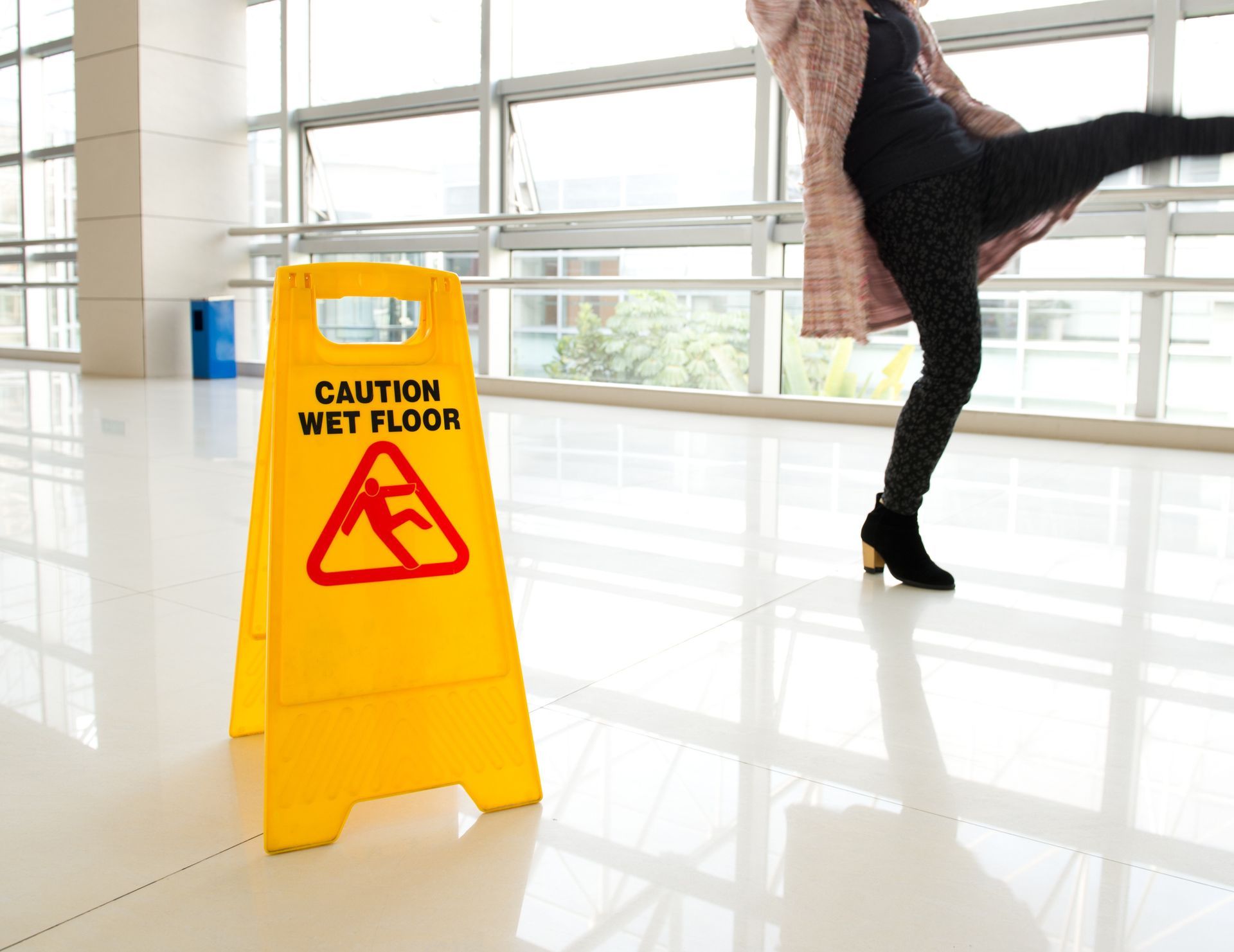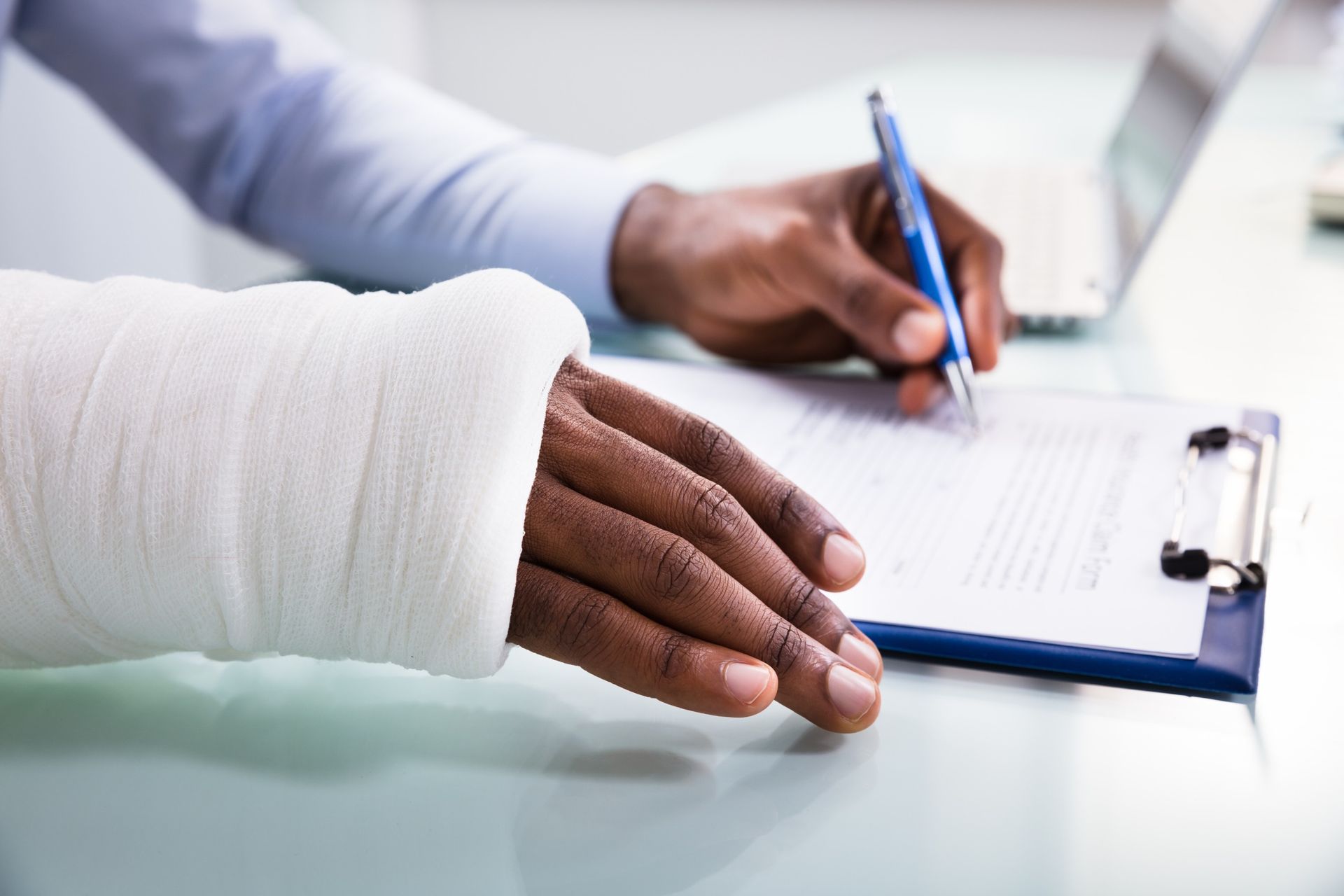How Do Car Accident Lawyers Determine Liability?
Car accidents can be life-changing for all parties involved. From minor fender benders to tragic head-on collisions, they can cause injury, financial burdens, and emotional distress. One of the biggest concerns after a car accident is determining who was at fault. Liability is crucial in a personal injury case, as it decides who should pay for damages and compensation. In this blog post, we'll discuss how car accident lawyers investigate a case to determine liability and the various factors that affect liability in a car accident case.
Investigation Process
Personal injury lawyers have years of experience investigating car accident cases to determine liability. They start by gathering evidence that is pertinent to the case. This includes collecting reports from police officers, speaking with eyewitnesses, obtaining medical records, and reviewing damages to the vehicle. Photographs and videos of the accident scene can be instrumental in determining how the accident unfolded and which party is at fault.
Lawyers also conduct a thorough investigation of the opposing party's insurance coverage. This helps the lawyer anticipate and prepare for the insurance carrier's defense. In many cases, it's crucial to involve a skilled car accident reconstructionist who can recreate the accident and provide critical insights into how it occurred.
Factors that Affect Liability
Determining liability in a car accident case is dependent on several factors. Some of the most important ones include the following:
• Driver negligence: this could refer to running a red light or stop sign, distracted driving, speeding, or driving under the influence of drugs or alcohol.
• Road conditions: poorly maintained roads, debris, or construction site hazards that are not marked can be contributing factors to a car accident.
• Vehicle malfunction: brake failure or issues with the car's steering, accelerator, or tires could cause the accident.
• Comparative negligence: when both parties are at fault, the level of negligence of each party will be considered to determine liability.
• Injuries and damages: severe injuries, extensive property damage, and prolonged recovery times can impact the amount of compensation awarded.
Determining Liability in a Personal Injury Case
The legal standard used to determine liability in a personal injury case is negligence. The plaintiff or the injured party must prove that the responsible party acted negligently and did not fulfill their duty of care. The lawyer must first show that the defendant, usually another driver, had a duty to act in a certain way. For example, they should obey the rules of the road, avoid distractions while driving, and not drive under the influence of drugs or alcohol.
The plaintiff's lawyer then shows that the defendant breached this duty of care, leading to the accident. The lawyer also demonstrates that the accident resulted in the plaintiff's injuries, which caused financial and emotional harm. The damages the plaintiff claims usually include medical expenses, lost wages, and compensation for pain and suffering.
Car accidents can be traumatic and life-changing. Determining liability in a personal injury case is critical and can be a complex process. To ensure the best possible outcome, seek legal representation from a skilled personal injury lawyer with a thorough understanding of car accident cases. Their ability to gather evidence, establish liability, and prove negligence can make a significant difference in the compensation you receive. Remember, compensation is designed to cover both financial and emotional losses associated with the car accident. Get in touch with a personal injury lawyer today to protect your rights, safeguard your future, and secure the compensation you deserve.




